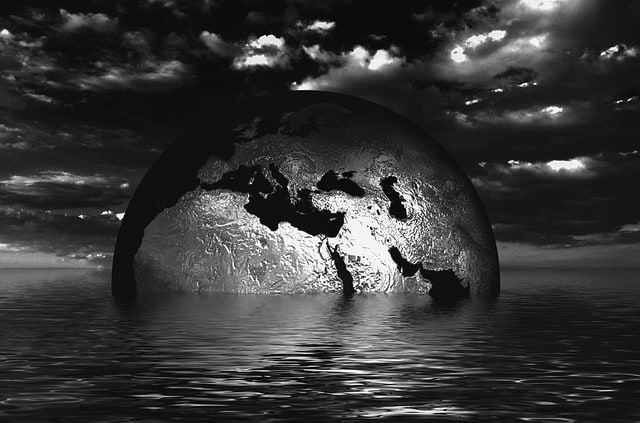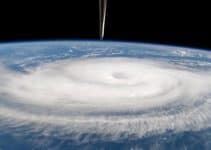Earlier predictions made by scientists that climate change has been driving global inequality and that the biggest impact of temperature rise triggered by climate change will be on the poorest, most vulnerable people worldwide have been validated. New research shows that the predictions became a reality over the past several decades.
A study published in the Proceedings of the National Academy of Science on Monday disclosed that higher temperatures in extremely poor countries are 90% and more likely to have reduced economic output than a nation without global warming. At the same time, in wealthier nations, the impact has been less dramatic, and higher temperatures even become potentially beneficial for some of them.
“We’re not arguing that global warming created inequality,” says Noah S. Diffenbaugh, the author of the study and a professor at Stanford University who studies climate change. However, “global warming has put a drag on improvement.” The countries most likely to have lost out economically as a result of warmer temperatures have done the least to contribute to the problem, he adds.
A 2015 study in the journal Nature projected that there would be a 75% decline in the average income in the poorest countries by 2100 compared to a world unaffected by warming. On the other hand, few wealthiest countries could earn profits.
The Intergovernmental Panel on Climate Change (IPCC), the UN’s climate science body released a landmark report last fall disclosing that in case there will be rise in global temperatures more than 1.5°C by the end of the century, poor countries will likely suffer from critical problems such as the destruction of communities completely and premature deaths in millions.
“They will suffer the most, they will suffer disproportionately, as they are already,” said Mary Robinson, a former U.N. Special Envoy on Climate Change and a previous president of Ireland, told TIME after the launch of the IPCC report.
The climate policymakers tried to address the problem of the poorest countries even before any of that research was published. The rising temperatures have taken a heavy toll on these countries though they are least responsible for that.
Early attempts made while addressing global warming on the international level took into consideration the expectations for reduction of emissions as per the level of development of each country. The wealthiest countries, therefore, required to bear additional responsibility while their poorest counterparts enjoyed greater leeway.
This approach got backfired in the U.S. raising a Republican talking point that Washington is overpaying for climate change mitigation, while poorer countries are escaping with minimum responsibility. These hardline distinctions were referred to as “common but differentiated responsibilities” by the climate change policymakers.
This principle was embedded in previous climate agreements as well as in the landmark Paris Agreement suggesting that wealthier countries should shoulder a greater responsibility to address climate change though it was not explained clearly in terms of making a concrete policy.
However, many of the developing countries of the world called it unfair. “This problem is created somewhere else,” Abdur Rouf Talukder, Bangladesh’s Finance Secretary, told TIME earlier this month. “We are spending more on adaptation because we have to live.”
As per the study published on Monday, because of global warming GDP per capita of Bangladesh was 12% lower than what it was in the two decades before 2010. The matter is even worse in sub-Saharan African countries including Sudan, Burkina Faso, and Niger where GDP per capita was 20% and more low due to climate change compared to the GDP without climate change.
The economic output gets affected by higher temperatures in many ways. Crops produce lower yields due to high temperature, the extreme heat reduces labor productivity, and cognitive functioning declines. “There are a number of pathways by which temperature affects building blocks of economic activity,” says Diffenbaugh. Whatever the fact is, it is quite clear that news is overall very bad for poor countries.






